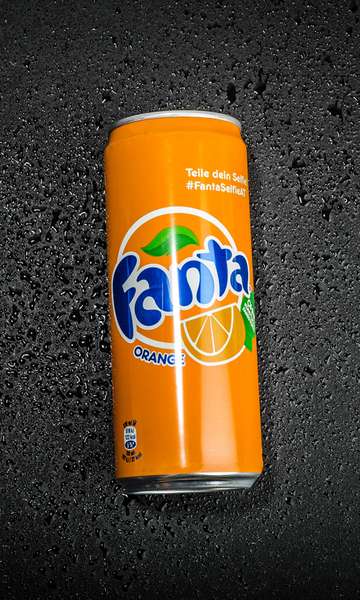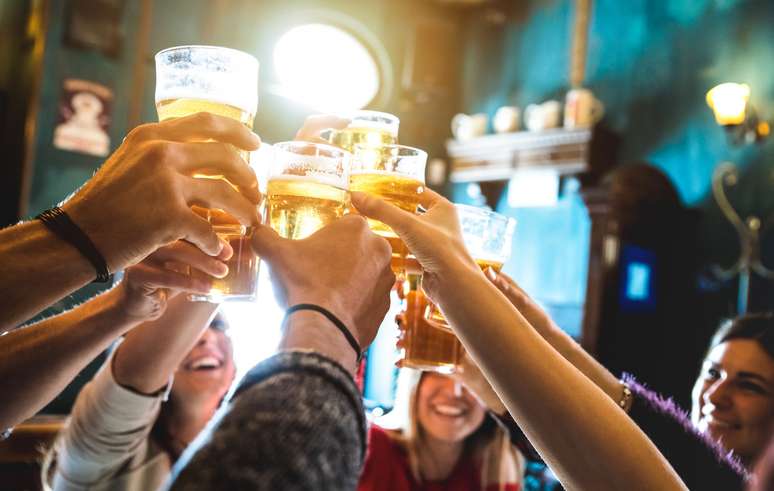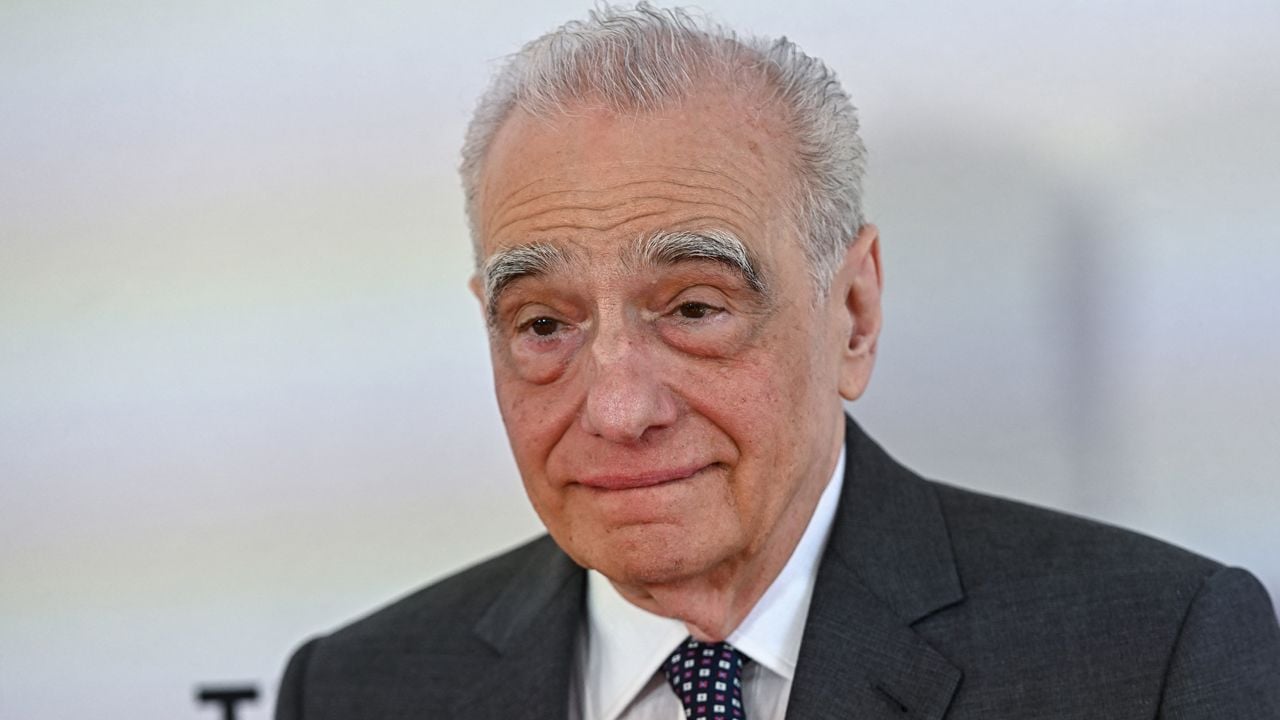In some countries this reduction has reached more than 50% compared to previous generations.
html[data-range=”xlarge”] figure image img.img-fb285482c2a27eb4df5b72a338b2c454m31zhjtf { width: 774px; height: 491px; }HTML[data-range=”large”] figure image img.img-fb285482c2a27eb4df5b72a338b2c454m31zhjtf { width: 548px; height: 348px; }HTML[data-range=”small”] figure image img.img-fb285482c2a27eb4df5b72a338b2c454m31zhjtf, html[data-range=”medium”] figure image img.img-fb285482c2a27eb4df5b72a338b2c454m31zhjtf { width: 564px; height: 358px; }HTML[data-range=”small”] .article__image-embed, html[data-range=”medium”] .article__image-embed { width: 564px; margin: auto 0 30px; }
A surprising trend has emerged in recent decades: The current generation of young people consumes less alcohol than their parents and grandparents did when they were young.
Several studies conducted in various parts of the world have highlighted this change in behavior, raising questions about the reasons for this decrease in alcohol consumption among young people.
A survey conducted in 2020 analyzed the drinking habits of adolescents aged 12-18 in 39 countries in North America, Europe and Oceania. While selling alcoholic beverages to this age group is illegal in many of these places, it is during this stage that most people first try different types of beverages. The survey showed that, compared to data from 20 years ago, alcohol consumption has decreased significantly in most of these countries, reaching reductions of more than 50% in some, such as Norway, Sweden and Lithuania, and more. 80% in Iceland.
In the UK, the Drinkaware organization conducted a study which found that 26% of 16-24 year olds consider themselves teetotal. In Brazil, annual surveys by the Ministry of Health tracked abusive drinking, revealing that the percentage of Brazilians aged 18-24 who engage in abusive drinking fell below 20% in 2021.
A study by the Health and Alcohol Information Center (CISA) pointed out that 46% of young people between 18 and 24 say they never drink, and 20% consume alcoholic beverages only once a month or less. This behavioral change raises the question of the reasons for this decline in alcohol consumption among young people.

The most diverse flavors of Fanta in the world
The priorities are different
Among the reasons given is a growing concern for a healthy lifestyle and the desire to assert one’s identity. Modern youth increasingly value sobriety and a conscience, choosing not to feel forced to adapt to the social norms that come with drinking alcohol.
The growing offer of non-alcoholic and low-alcohol options has also followed this trend, demonstrating how the beverage market is adapting to changes in the habits of young people.
In addition to health concerns, social pressures have also influenced this scenario. Young people today are facing a very different environment than previous generations. Issues such as climate change, career planning and property acquisition have led young people to think more about the future and seek a sense of control over their lives.
This emphasis on the future has led many young people to view alcohol consumption as an activity that can get in the way of their plans and goals. The fear of losing control over alcohol and compromising one’s goals has contributed to limiting the time spent partying and drinking. Furthermore, social media also plays an important role as it exposes people’s lives more publicly, causing young people to think more carefully about their actions.
The change in the relationship with parents and the change in the perception of excessive alcohol consumption also influence this trend. Once seen as a good thing, heavy drinking is now more often seen in a negative light, especially in the younger age group.
In summary, this generational shift in alcohol consumption among young people can be attributed to a combination of factors, such as the pursuit of a healthy lifestyle, affirmation of individual identities, concern for the future, and societal pressures. The growing availability of non-alcoholic alternatives has also contributed to this change, reflecting an increasingly ingrained culture of sobriety among the younger generations.
Source: Terra
Ben Stock is a lifestyle journalist and author at Gossipify. He writes about topics such as health, wellness, travel, food and home decor. He provides practical advice and inspiration to improve well-being, keeps readers up to date with latest lifestyle news and trends, known for his engaging writing style, in-depth analysis and unique perspectives.







![Tomorrow Belongs to Us: What’s in store for Friday 31 October 2025 Episode 2065 [SPOILERS] Tomorrow Belongs to Us: What’s in store for Friday 31 October 2025 Episode 2065 [SPOILERS]](https://fr.web.img4.acsta.net/img/27/7e/277e1f041c48016486ab18771f578de1.jpg)
